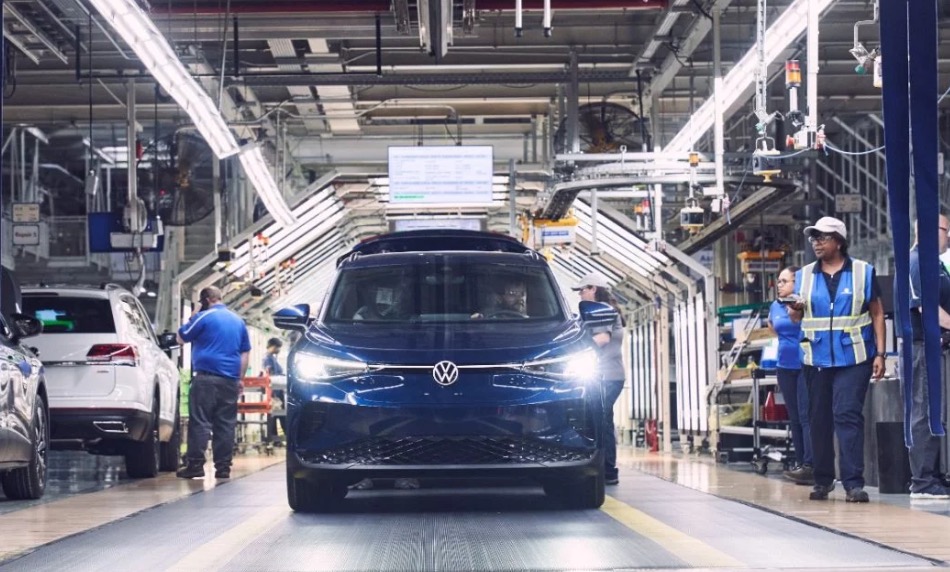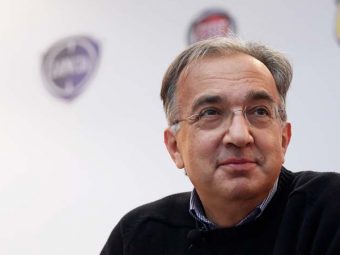Volkswagen has triggered a labor dispute by canceling several agreements that guaranteed jobs at six German plants until 2029. The move, aimed at reducing costs and improving competitiveness, has raised the specter of layoffs from next year and prompted strong opposition from worker representatives.
The company’s decision to scrap the guarantees, which were part of a decades-old pact, comes amid a challenging transition to electric vehicles and a slowdown in consumer spending. The German automaker is also facing increased competition from Tesla and Chinese rivals like BYD.
Volkswagen’s underperforming namesake passenger car brand has been particularly hard-hit, with profit margins squeezed. The company’s plans to reduce its workforce in Germany have been met with resistance from labor representatives and the German state of Lower Saxony, a significant shareholder.
Thorsten Groeger, chief negotiator for the IG Metall union, warned that Volkswagen’s actions could result in unintended additional costs of close to €1 billion. Ending the job guarantees would trigger higher wages under previous collective bargaining agreements, Groeger said.
Daniela Cavallo, VW’s top employee representative, vowed to fight against layoffs, saying, “With us, there will be no layoffs.” IG Metall has previously suggested a four-day workweek as an alternative to closures, a strategy that was successfully implemented in the 1990s.
To address concerns about labor uncertainty, Volkswagen has offered to bring forward wage negotiations. While the talks were originally scheduled for mid- to late October, with potential strikes in November, the works council has called for an earlier start this month.







